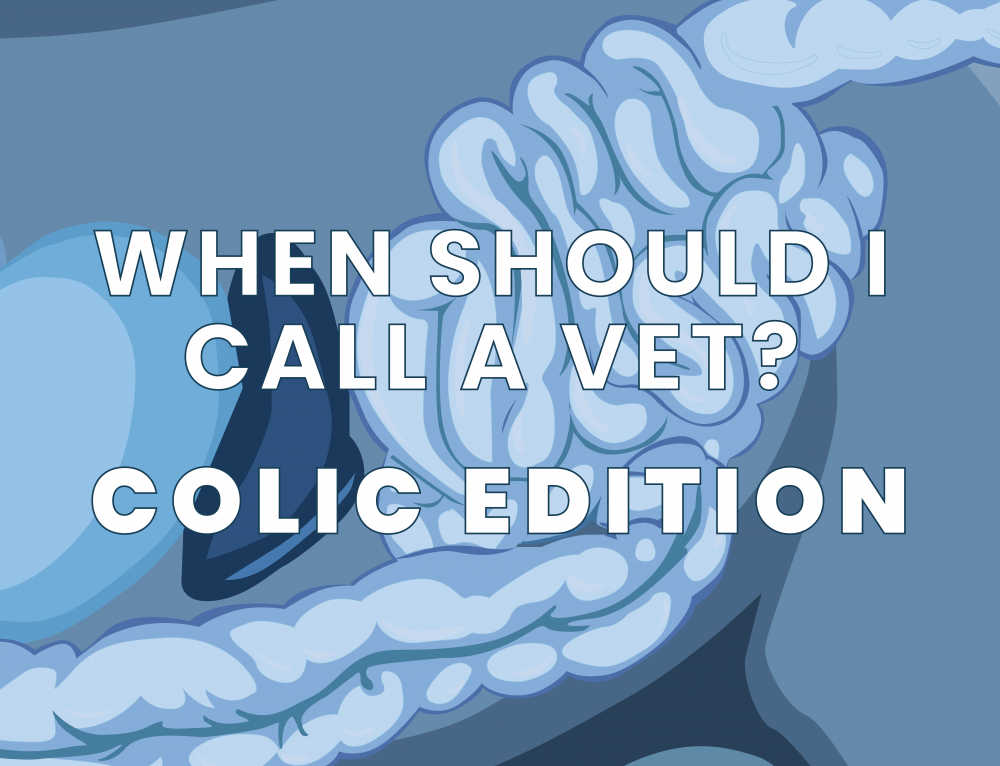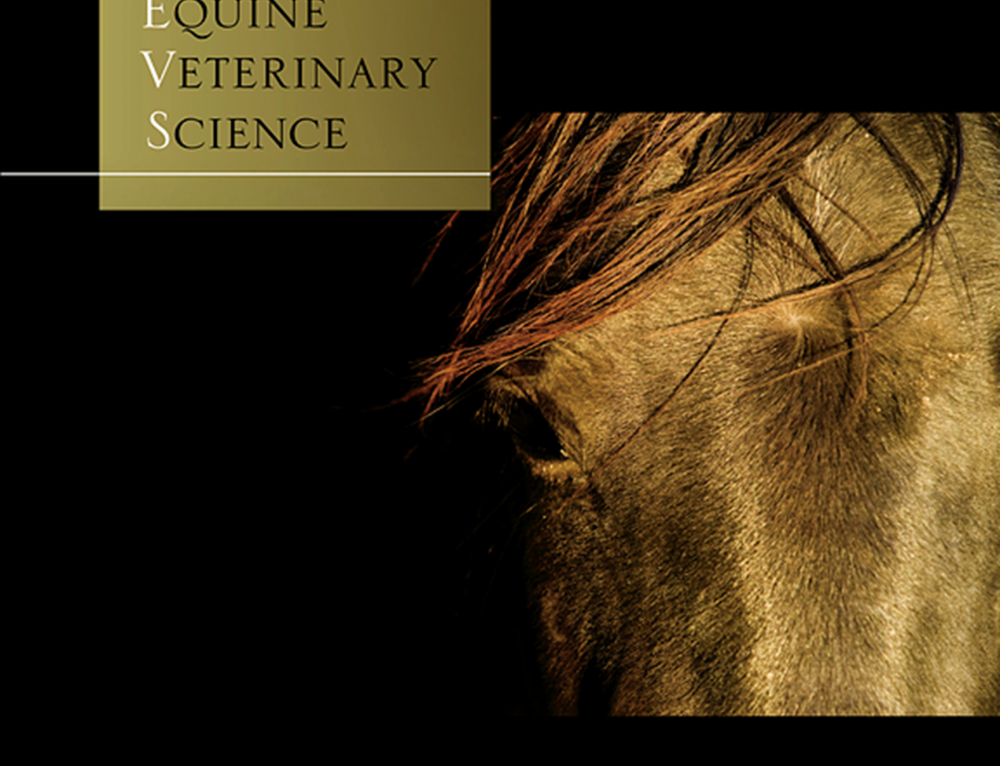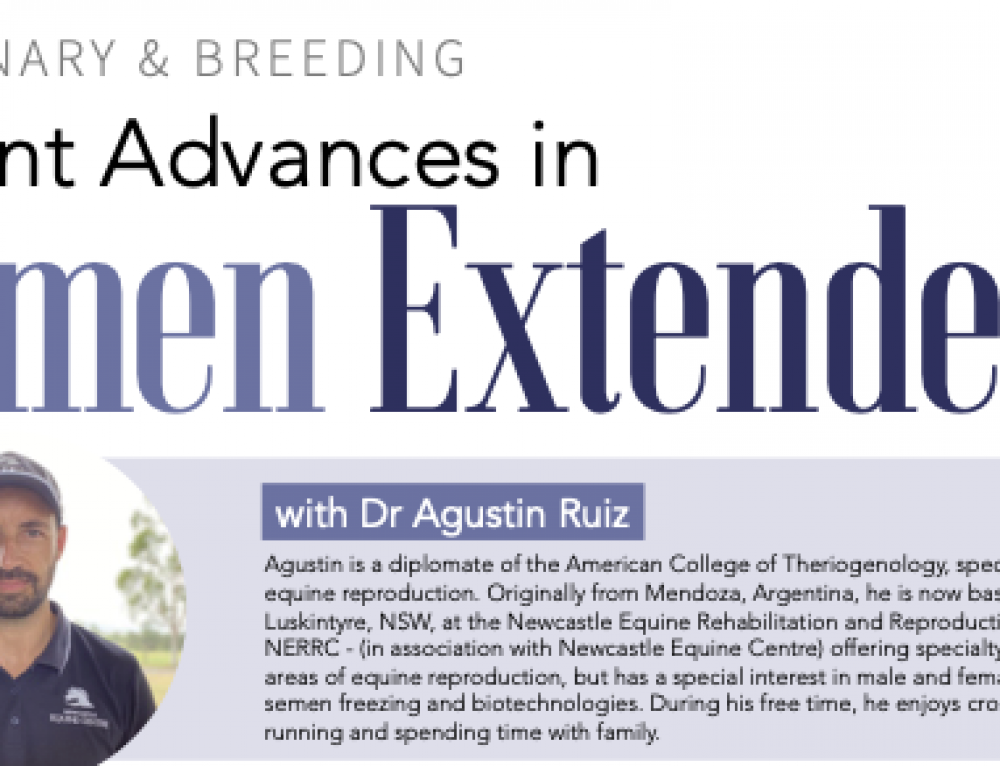Rattles is a serious lung disease of foals that causes pneumonia and abscess formation in the lungs causing affected foals to develop respiratory signs. Rattles is caused by the bacteria Rhododcoccus equi which can be found within the soil in widespread areas. Foals ingest or inhale the bacteria from the soil, so disease seen commonly in areas that are crowded, dusty or have poor grass coverage. Foals are usually infected early in life and slowly develop signs of infection over the course of several months, often resulting in advanced disease by the time infection has been identified. Clinical signs of infection include: elevated temperature, coughing, increased respiratory rate, depression, weight loss or decreased growth, increased respiratory effort, rattling noise as the foal breathes.
Diagnosis of rattles can be made through blood test and ultrasound findings in conjunction with the clinical signs seen. Because the bacteria that causes disease lives inside the foal’s cells, treatment can be prolonged and difficult – there is not a large selection of drugs available for use and those that are used can be associated with side effects that need to be managed. The most important side effect is an inability to cool the body, so foals need to be provided cool, ventilated areas and monitored closely to prevent them overheating. Often intravenous fluids are required to support foals through the illness and treatment phase.
Because the bacteria are found within the soil, prevention is focused on controlling the environment; there are no vaccines commercially available to prevent infection. If you have had a case of rattles on your farm in the past, it can be assumed that the bacteria are then present in the soil on your farm. Management strategies that can be useful to prevent infection include:
- Reducing dust on farm by watering paddocks and yards and avoiding disrupting the soil when young foals are around.
- Maintaining good grass cover in paddocks
- Preventing overcrowding of mares and foals
Treatment is most effective when started early, so it is important to ensure any foals showing respiratory signs are examined by your veterinarian. Our vets at Newcastle Equine Centre are more than happy to discuss any concerns with you and arrange a visit to check any foals you may be concerned about.







